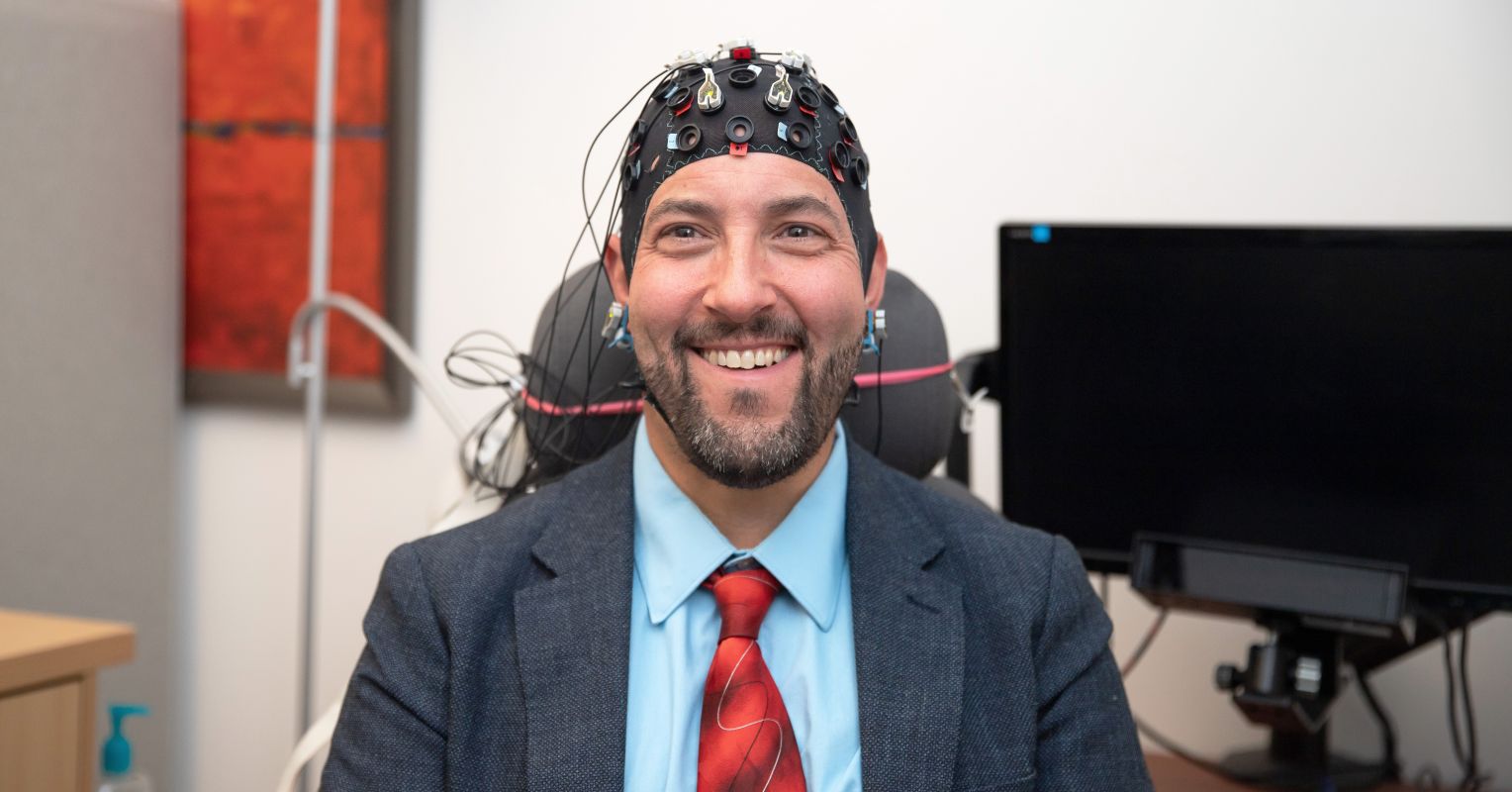
"I've spent the past two decades investigating how mindfulness can transform the brain and promote healing from addiction, chronic pain, and emotional distress-the diseases of despair. Today, I'm proud to share findings that reveal how MORE can help foster recovery in the brain in powerful and measurable ways. In this study, published in the top journal Science Advances, we examined data from four experiments involving 135 adults who were taking opioids daily for chronic pain."
"To assess changes in brain function, we collected EEG data-electrical activity recorded from the scalp-while participants viewed images related to opioid use and natural rewards (e.g., smiling babies, lovers holding hands, beautiful sunsets). The results were striking. Over the course of the study, participants in the MORE group showed significantly reduced brain reactivity to opioid-related cues and significantly increased responsiveness to natural, healthy rewards-especially when they engaged in mindfulness practices designed to savor positive experiences."
"Mindfulness-oriented recovery enhancement (MORE) rewires the brain to prevent opioid misuse. MORE reduces pain and boosts joy, meaning, and positive emotions, while reducing addictive behavior. EEG data shows MORE changes the brain to favor natural rewards over addiction-related triggers. As a clinical researcher and developer of mindfulness-oriented recovery enhancement (MORE), I've spent the past two decades investigating how mindfulness can transform the brain and promote healing from addiction, chronic pain, and emotional distress-the diseases of despair."
Four experiments involving 135 adults taking opioids daily for chronic pain randomized participants to eight weeks of MORE or eight weeks of supportive psychotherapy. EEG measured scalp electrical activity while participants viewed opioid-related cues and natural rewards such as smiling babies and sunsets. Participants receiving MORE showed reduced EEG reactivity to opioid cues and increased EEG responsiveness to natural, healthy rewards, particularly when engaging in savoring practices. MORE decreased addictive behavior while increasing positive emotions, joy, meaning, and pain reduction. Prolonged opioid use blunts natural reward responsiveness and increases pain sensitivity; MORE appears to reorient reward processing toward natural pleasures, reducing reliance on opioids.
Read at Psychology Today
Unable to calculate read time
Collection
[
|
...
]